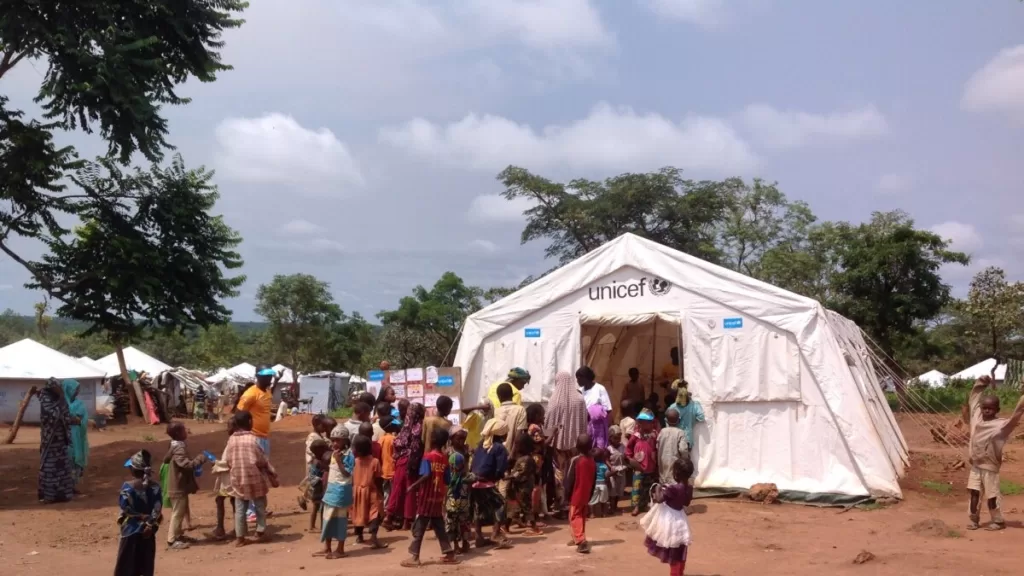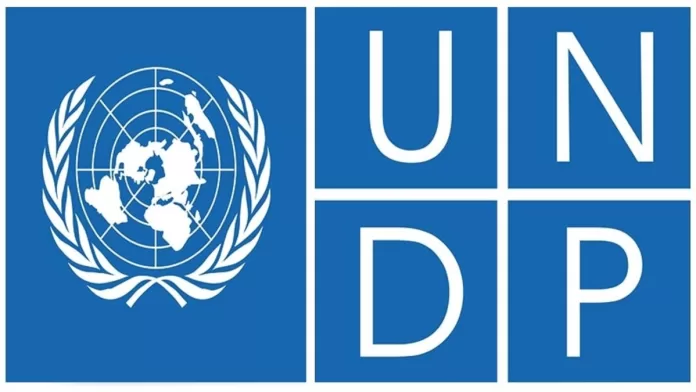International Security Issues increasingly involve non-traditional factors, parameters of which “symbolize security from the threat of disease, hunger, unemployment, crime, social conflict, political repression and environmental hazards” (Ginwala, 2002), human security being defined as “protecting the vital core of all human lives in ways enhancing human freedoms, human fulfillment, and fundamental freedoms constituting the essence of life, and protecting people from critical and pervasive threats and situations” (Ogata, 2002). Human security focuses on the protection of individuals, rather than defending the physical and political integrity of states from external military threats.
The United Nation’s Development Programme’s 1994 (UNDP) Human Development Report, authored primarily by Pakistan’s Dr Mahbubal Haq, is a milestone publication in the field of human security, espousing “freedom from want” and “freedom from fear” for all persons as the best path to tackle the problem of global insecurity. Human security means protecting people from critical and pervasive threats and situations, using processes building on people’s strengths and aspirations. It means creating political, social, environmental, economic, military and cultural systems that, when combined, give people the building blocks for survival, livelihood and dignity. It encompasses human rights, good governance and access to economic opportunity, education and health care. What an irony and a tragedy that under the farce of democracy in place today, Dr Haq’s Pakistan has neither of two freedoms he espoused.
Quoting the UNDP Report, pronounced as deprivation in well-being “poverty is one of the greatest threats to the environment” an underlying variable touching the safety of every country on the earth and representing a direct and imminent threat to the security of human beings. The poor and hungry tend to destroy their immediate environment for their survival, cutting down forests; their livestock overgraze grasslands; they overuse marginal lands; and they crowd into congested cities in growing numbers.
The role of “International Politics” in international security encompasses war and peace, power and justice, rights and duties, etc. Peace and stability in international politics is only possible when opposing countries are able to resolve conflicts and settle matters in a civilized manner. Competing countries must put aside differences to work together for a more peaceful and safer world environment. Some of the other major security issues are viz (i) Disarmament, (ii) Terrorism (iii) Migration (iv) Refugees and (v) Resource Shortage or Shortage of Raw Material. Terrorism has already been discussed, disarmament comprises reducing, limiting, or abolishing weapons of a country’s military or specific type of weaponry. There are three different ways of disarmament — unilateral or voluntary, through bilateral or multilateral agreements, and forced disarmament. Recognizing that one’s own weapons generate fear among potential rivals can feed uncertainty and hostilities, a state may choose to decrease such anxieties by voluntarily reducing the size of its own arsenal in hopes of reciprocal behavior from others. Several efforts made towards global elimination of weapons deemed too cruel or unnecessarily injurious have resulted in multilateral disarmament while others in the international system continue to possess the capability and potential willingness to use such weapons. Forcible disarmament is also an approach taken to lessening the potential for future conflict. States may seek to disarm others who they deem irresponsible or belligerent.
The Nuclear Non-Proliferation Treaty (NPT) signed in 1970 restricts spread of nuclear weapon amongst its 5 signatory nations and to the whole world in general, its main objectives being (i) restriction on spread of nuclear technology (ii) promotion of nuclear technology for peaceful purpose, ie nuclear energy as an alternative to the popular source of energy (iii) to make the world free from the fear of nuclear ravages. The objectives were good but it created a situation of nuclear polarization because Nuclear Weapon States (NWS) tested their nuclear weapons before 1967 in contrast to Non Nuclear Weapon States (NNWS) who didn’t. The developing nations, developed and tested their nuclear weapon mostly after 1970. The treaty allows NWSs to develop and upgrade their nuclear weapon and technologies, whereas NNWS (read “developing nations”) cannot acquire nuclear technology, being even prevented from developing nuclear technology for their exceptional security reasons. Not only discriminatory NPT also blatently legitimize the nuclear weaponry of the developed world.

Refugees flee violence, discrimination, economic hardship, and political conflict, being evidence of the world’s economic and political disparities. According to Albrecht Schnabel, “Refugees and IDPs are prime indicators for social, political, and economic instability, for human atrocities and great human suffering. They signal our failure to provide basic human security for all.” Thus international migration has become the most significant non-traditional security threats in recent decades, the increased volume of uncontrolled migration leading to competition between the citizens and newly migrated populations over already scarce resources and thus become raison d’etre for resentment.
Restrictions over supply and demand of raw materials and primary products – the ‘resource shift’ – is a key factor in the international political economy, intense competition for resources provoking or exacerbating conflict – especially for oil. Competition for resources, particularly water, is increasingly significant as a driver for global insecurity. Competition over natural resources and vital raw material poses conflict potential, further destabilizing already fragile countries or regions, injecting tension into otherwise cooperative inter-state relations.
History has shown the evident ease with which larger powers have manipulated countries weaker than themselves either economically or militarily, smaller states being haplessly swallowed up by larger ones. With the advent of superpower rivalry, ideological conflicts, scrambles for mineral wealth and international terrorism it has become even less so. The Wilson Doctrine stressed the inherent right of all people to self-determination giving support to the concept of a “small state”, introducing the concept that a small state did deserve the right to exist independently, free from the bother of any larger country. Establishment of a credible defence force to guarantee security against external threats allows small states to take advantage of the competing interests and manoeuvres of the superpowers. If attacked, a small state must have credible defence to resist any such action long enough to bring about an effective response from the superpowers.
The art of making friends remains an important means by which a small state can be secure against external threats. Smaller states can promote “multi-lateral involvement” in than own security, essentially a balance of power strategy which seeks to have all great and medium powers of both East and West to have a strategic and economic stake in their continued existence. Alliances have always been a means by which small or medium-sized countries buttress their security with the co-operation of other larger and more powerful country. UN functions, firstly, as a forum where small states can present their problems and interests for discussion, secondly as a channel for multi-lateral aid from the industrial to the developing states and finally a forum where small states that cannot afford a large network of embassies can maintain contact with all the countries. The bottom line is that international security is more dependent upon non-traditional factors than traditional ones, the states must work inwards to secure their populations rather than concentrate outwards against external threats (Concluding part of a talk on “International Security Issues” given at the National Defence University (NDU) on Sep 3, 2012).
Courtesy: The News




